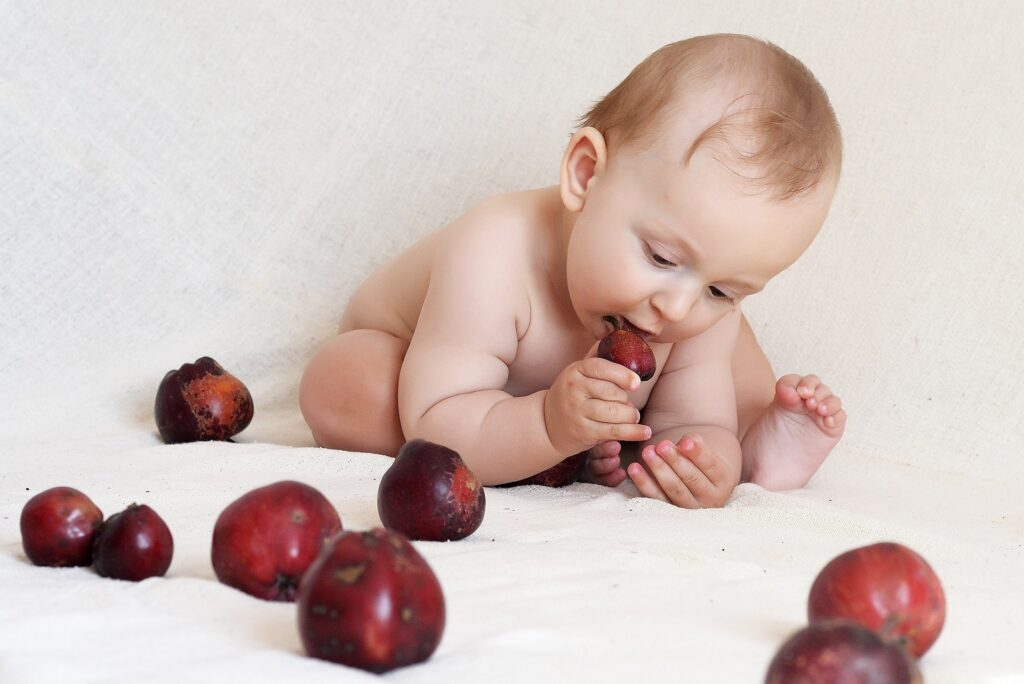One of the most important stages in a child’s growth is the switch from nursing to solid foods. Babies’ nutritional demands change as they transition from only breast milk or formula, necessitating a wide variety of foods to promote healthy growth and development. The correct meals are introduced at this age, laying the groundwork for healthy eating habits throughout life. This post will discuss 20 nutritious foods that are recommended by experts and supported by scientific research that a child’s diet should contain while they wean off of nursing.
Avocado: Packed with healthy fats, fiber, and important vitamins like folate, potassium, and vitamin E, avocados are a fruit that is high in nutrients. Its creamy texture helps newborns grow their brains and gives them energy, making it a great first snack. The Journal of Nutrition presented a study that demonstrates how avocado consumption helps to improve an infant’s nutrient intake and overall diet quality.
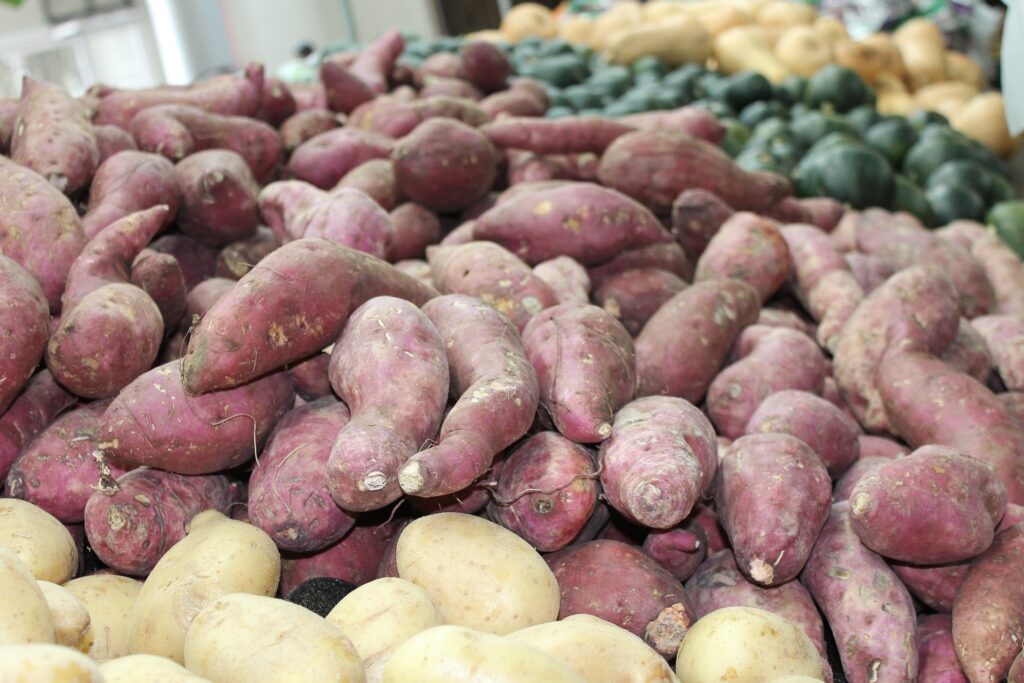
Sweet potatoes
Sweet potatoes are a great source of beta-carotene, which is a precursor to vitamin A and is important for healthy skin, eyesight, and immune system function. They also have a mild texture that is ideal for infants who are just starting to experiment with solid foods. In order to instill healthy eating habits in children, it is crucial to introduce a variety of vegetables early in their diet, according to a study published in the Journal of Food Science and Technology.
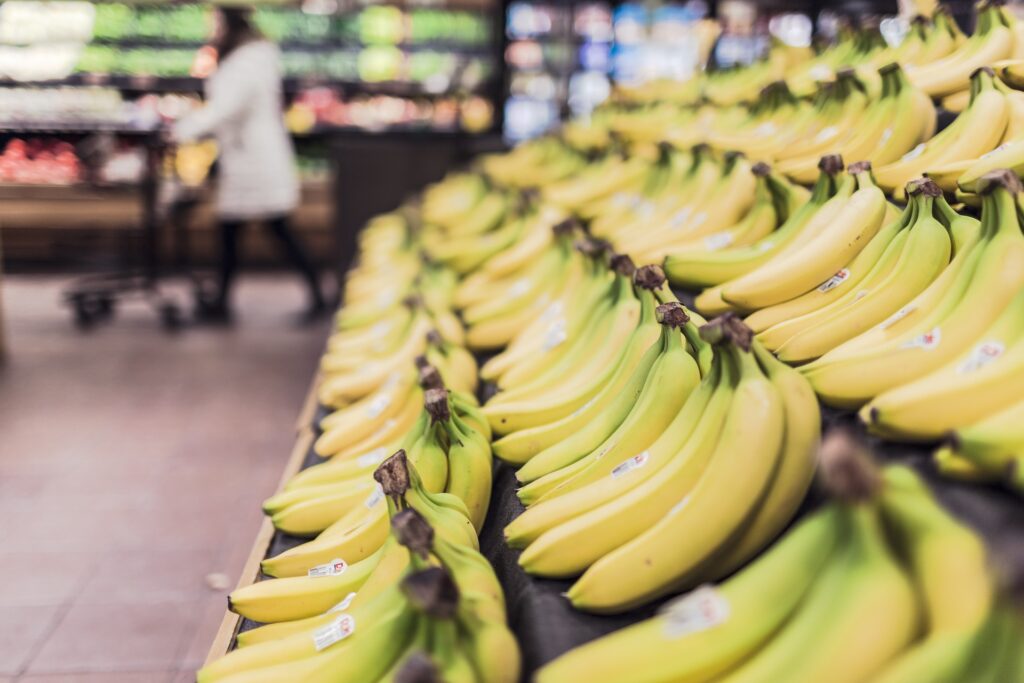
Bananas
When a baby is starting to move to solid foods, bananas are a handy and wholesome option. They provide natural sugars for energy and are high in potassium, which supports the function of muscles and nerves. Bananas are very easy on the stomach and can ease constipation, which is a typical worry at this phase.
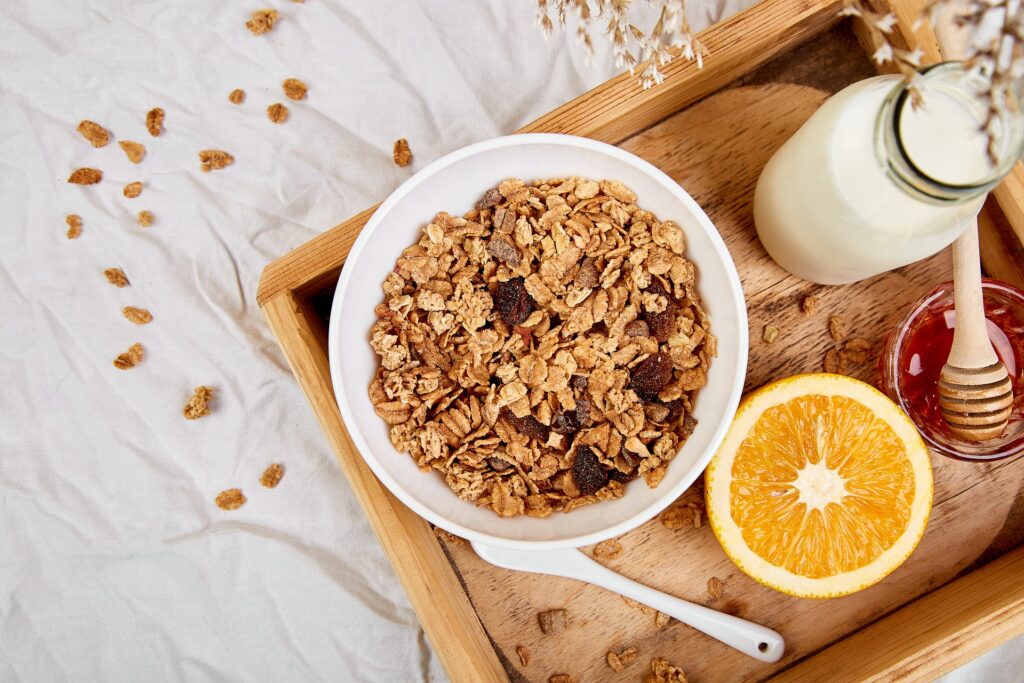
Oatmeal
An adaptable whole grain, oatmeal is simple to cook to a smooth consistency that’s ideal for young children. It’s a great source of fiber, which supports healthy digestion, and complex carbs, which provide you energy for a long time. Pediatrics studies highlight the advantages of giving meals high in iron, such as oatmeal, to prevent iron deficiency in newborns.

Eggs
Rich in protein, choline, and other vitamins and minerals necessary for brain development, eggs are a nutrient powerhouse. Research published in the Journal of the American College of Nutrition reveals that, contrary to earlier fears, introducing eggs to babies at a young age may actually lower their risk of developing an egg allergy.
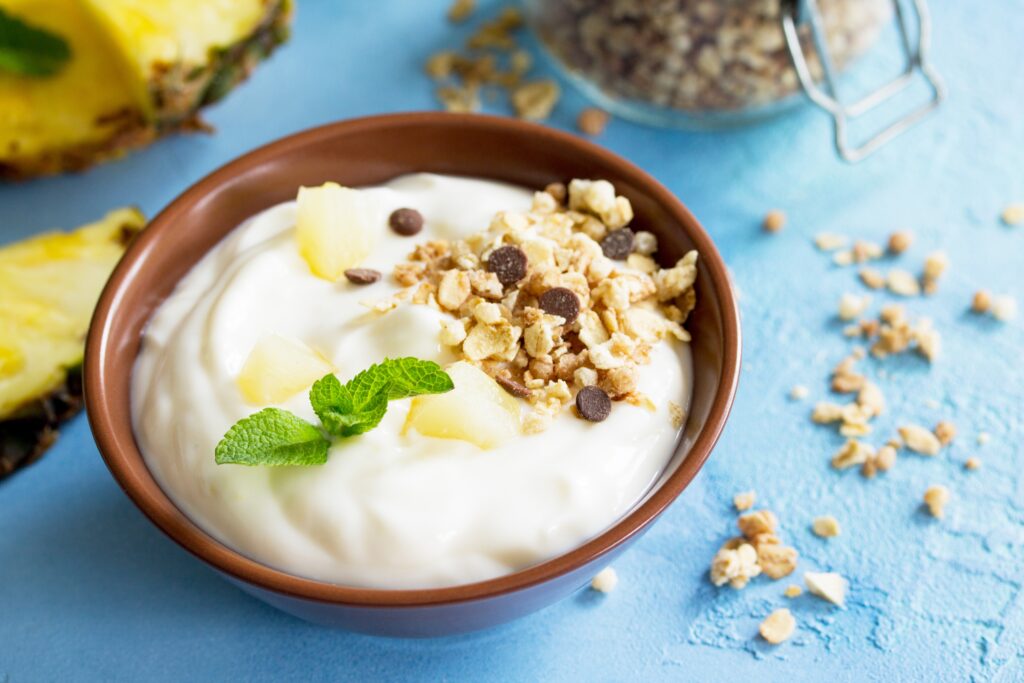
Greek Yogurt
Rich in calcium, protein, and probiotics, Greek yogurt helps to maintain healthy bones and digestive systems. Choose full-fat, plain varieties free of artificial flavors and extra sugars. A review that was published in Nutrition Reviews emphasizes the positive impacts that yogurt eating has on a baby’s or young child’s immune system and gut health.
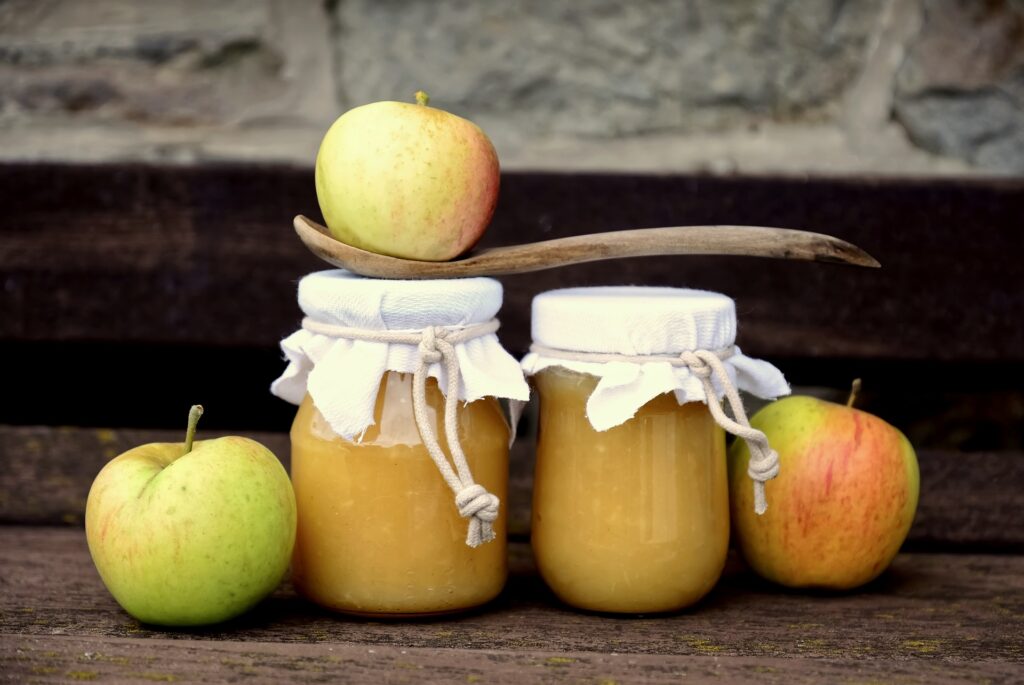
Applesauce
For babies just beginning to take solid foods, applesauce’s smooth texture and naturally sweet flavor appeal. It’s a good source of soluble fiber, which is good for digestive health, and vitamin C, which strengthens immunity. According to a research published in the Journal of the American Dietetic Association, early fruit exposure—such as apples—may have an impact on a person’s long-term dietary preferences.
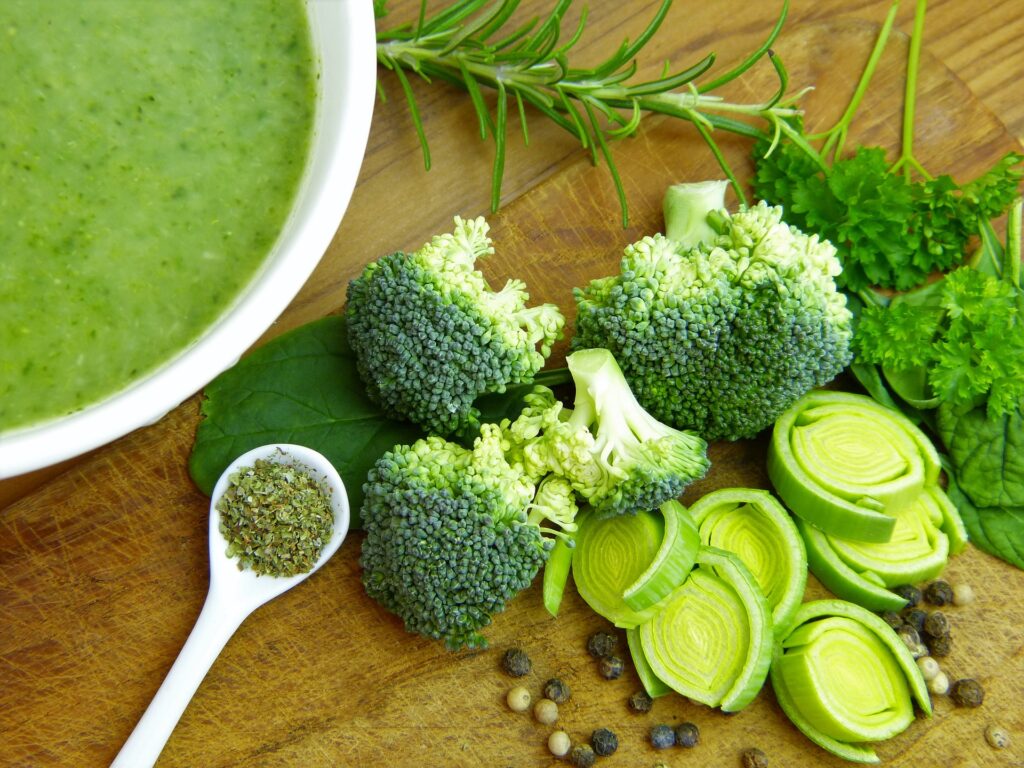
Broccoli
Packed with vitamins, minerals, and antioxidants essential for growth and development, broccoli is a food powerhouse. Babies may easily hold and chew its soft florets, which helps to develop fine motor skills. Broccoli is one of the veggies that should be introduced early in order to create healthy eating patterns, according to research published in the European Journal of Clinical Nutrition.
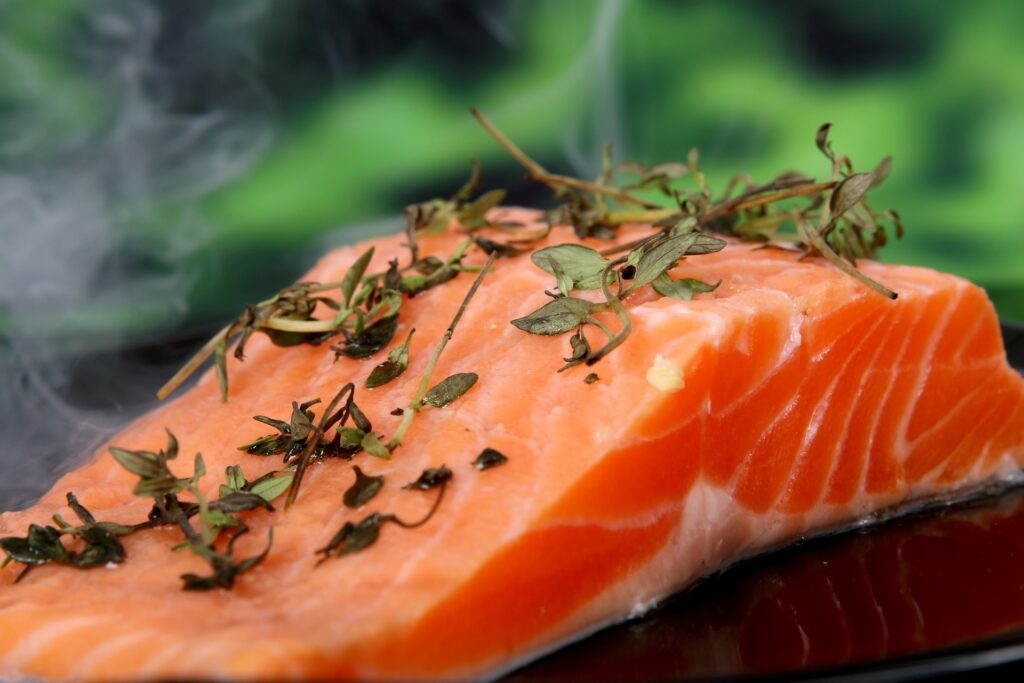
Fish
Fish is high in omega-3 fatty acids, especially DHA, which is important for the development of the brain and eyes. Early fatty fish introduction may help a child’s long-term cognitive development, according to a study published in the American Journal of Clinical Nutrition. Select low-mercury wild-caught options and make sure they are cooked thoroughly.
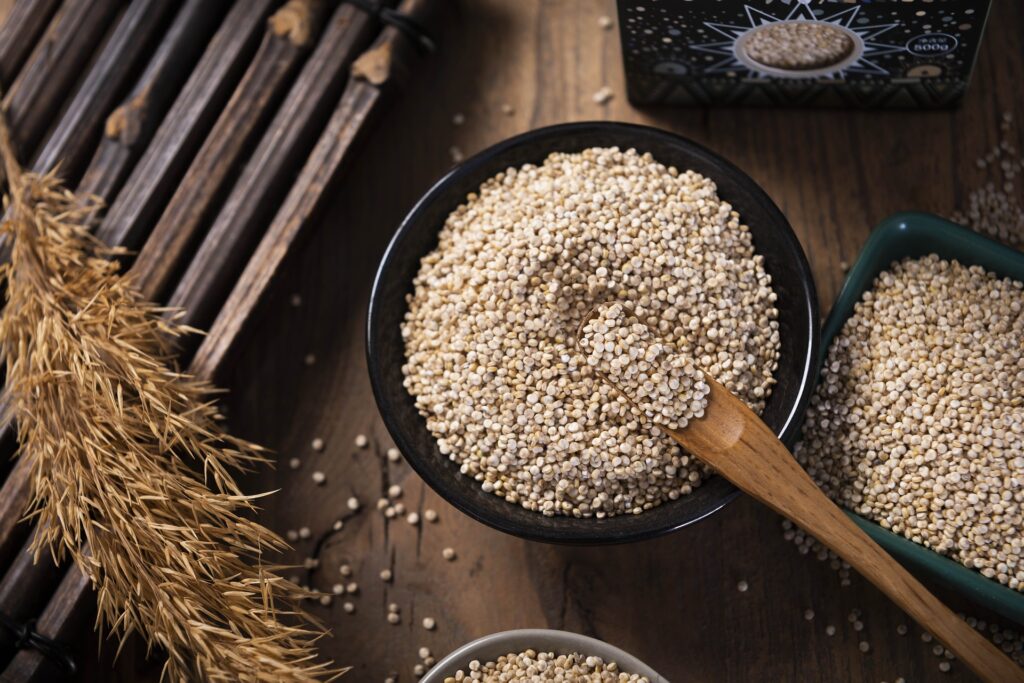
Quinoa
Quinoa is a pseudo-cereal free of gluten that provides a full protein profile along with several important minerals like iron, magnesium, and folate. It works well in recipes for baby food because of its mild flavor and delicate texture. Quinoa has the potential to be a nutrient-dense mainstay in baby diets, according to a study published in the Journal of Food Science and Technology.
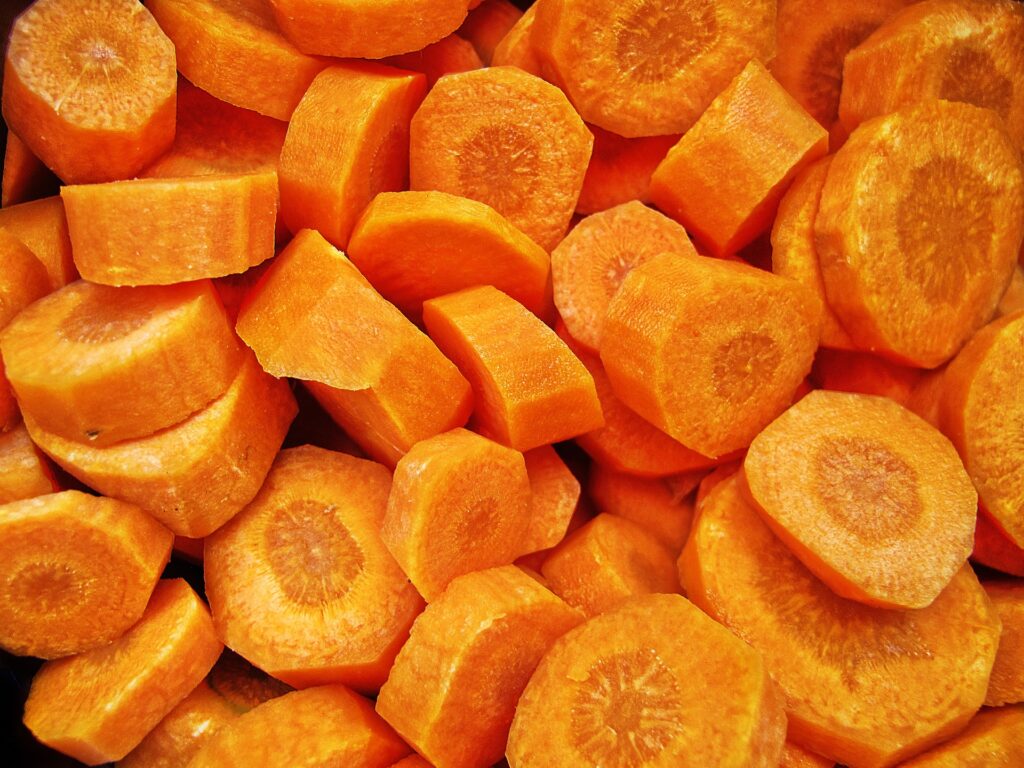
Carrots
Packed full of beta-carotene, carrots help promote immune system and eyesight function by converting in the body to vitamin A. Carrots can be introduced to babies early in the weaning process and are easily digested when steamed or pureed. According to research published in the European Journal of Nutrition, a child’s early exposure to veggies like carrots may have an impact on their subsequent food preferences.

Chicken
Packed full of key elements for growth and development, including iron, zinc, and B vitamins, chicken provides a lean source of protein. Adding tiny, finely shredded cooked chicken pieces to baby food can provide unique textures and flavors. A Pediatrics study emphasizes how critical diet protein is to promoting healthy growth in infants.
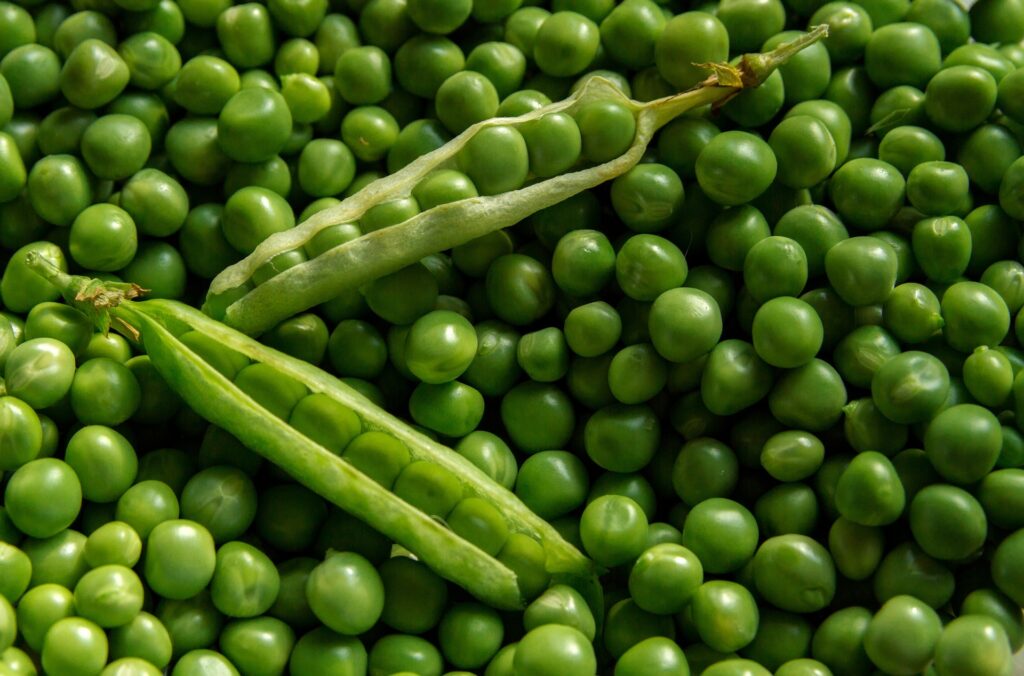
Peas
Packed in vitamins A, C, and K, fiber, and protein, peas are a nutrient-dense vegetable. They’re perfect for purees or baby-led weaning due to their small size and gentle texture. The Journal of Agricultural and Food Chemistry has released a study that highlights the antioxidant qualities of peas and their potential health advantages for young children.
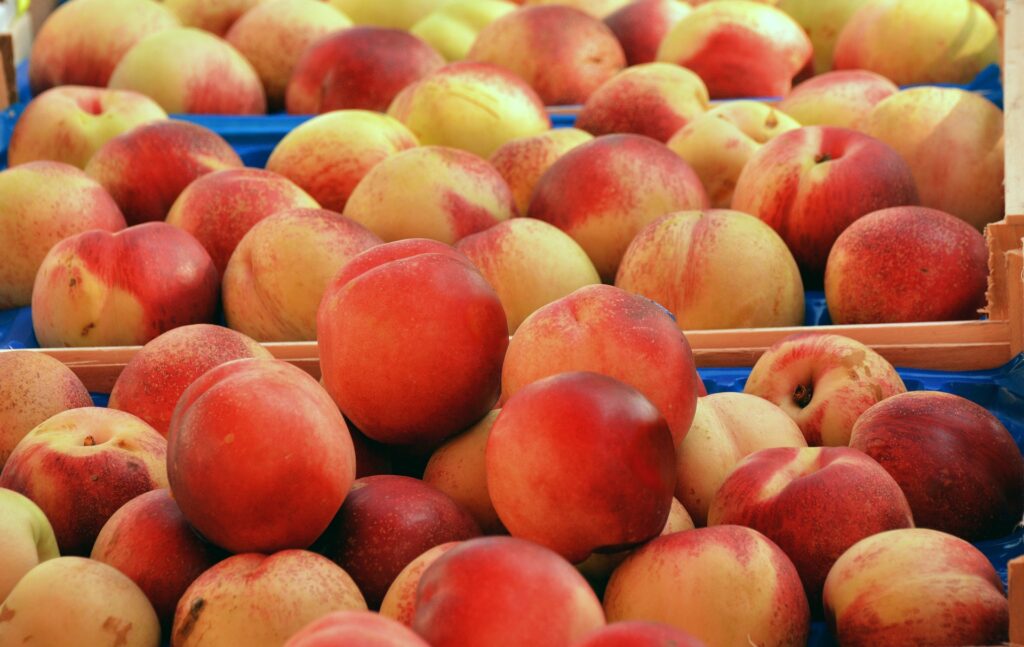
Peaches
Packed with vitamins, minerals, and antioxidants, peaches are a tasty and juicy fruit. For young infants, they are readily mashed or pureed and have natural sweetness. According to a Pediatric Allergy and Immunology study, exposing children to fruits like peaches at a young age may lower their chance of developing allergic reactions.
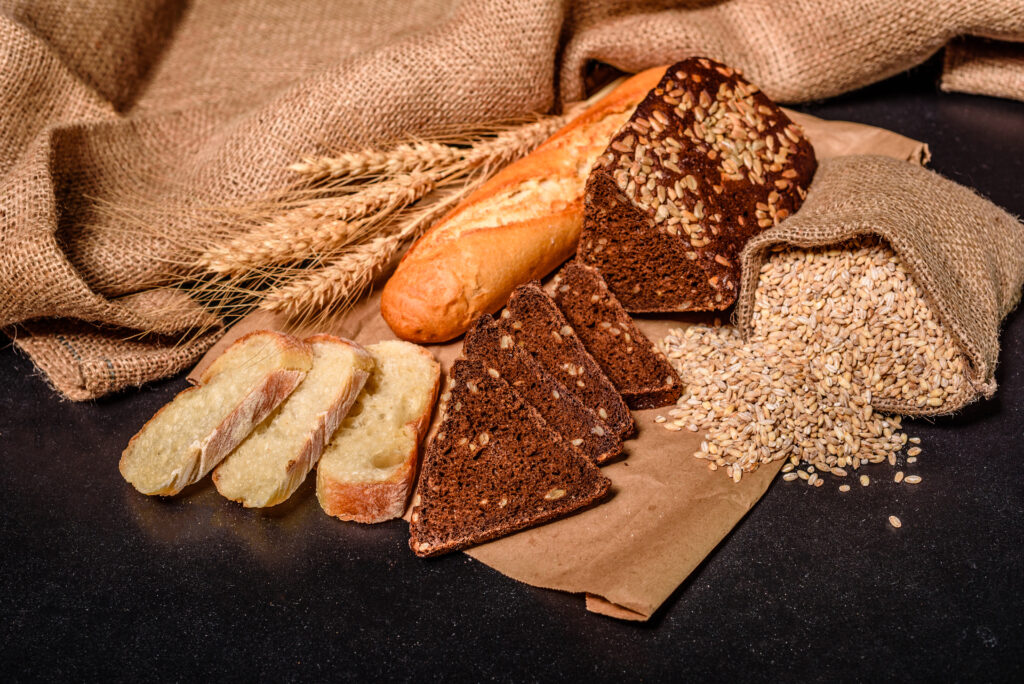
Whole Grain Bread
Whole grain bread provides fiber, complex carbs, and important minerals including iron and B vitamins. Select kinds free of preservatives and with less added sugar. According to research published in Nutrients, including whole grains in a child’s diet at a young age promotes balanced nutrition and may lower the child’s chance of developing chronic diseases in the future.
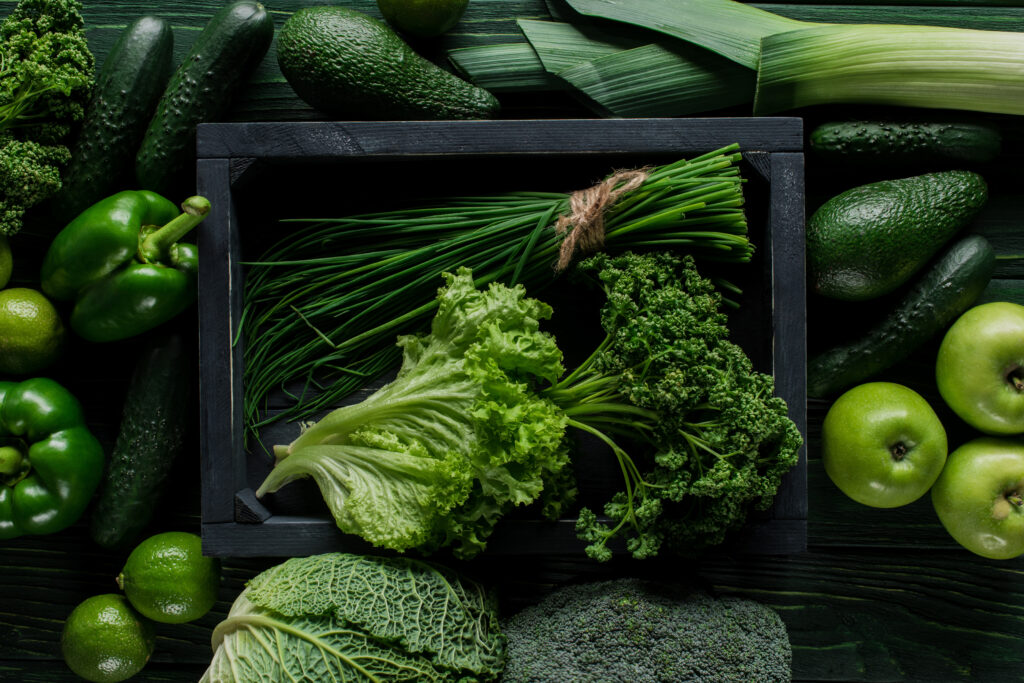
Green leafy vegetables
Leafy green vegetables like spinach are high in iron, calcium, and vitamins A and K. It can be added to baby-friendly recipes or blended into purees due to its mild flavor and soft texture. The nutritional advantages of spinach and its possible involvement in reducing vitamin deficits in infants are highlighted in a study published in Food Chemistry.

Mangoes
Packed in flavor and nutrients, such as antioxidants, vitamin C, and vitamin A, mangos are a tropical fruit. For babies, they can be smoothed or mashed to provide vital vitamins and support healthy digestion. Studies published in Nutrition Reviews indicate that exposing babies to a variety of fruits at a young age, such as mangoes, may improve their diet’s diversity and nutrient consumption.

Tofu
For vegetarian or vegan infants, tofu offers a plant-based source of protein, calcium, and iron. It is a flexible ingredient for baby food recipes because of its mild taste and delicate texture. The nutritional suitability of tofu in baby diets and its possible contribution to encouraging normal growth and development are highlighted in a review published in Nutrients.
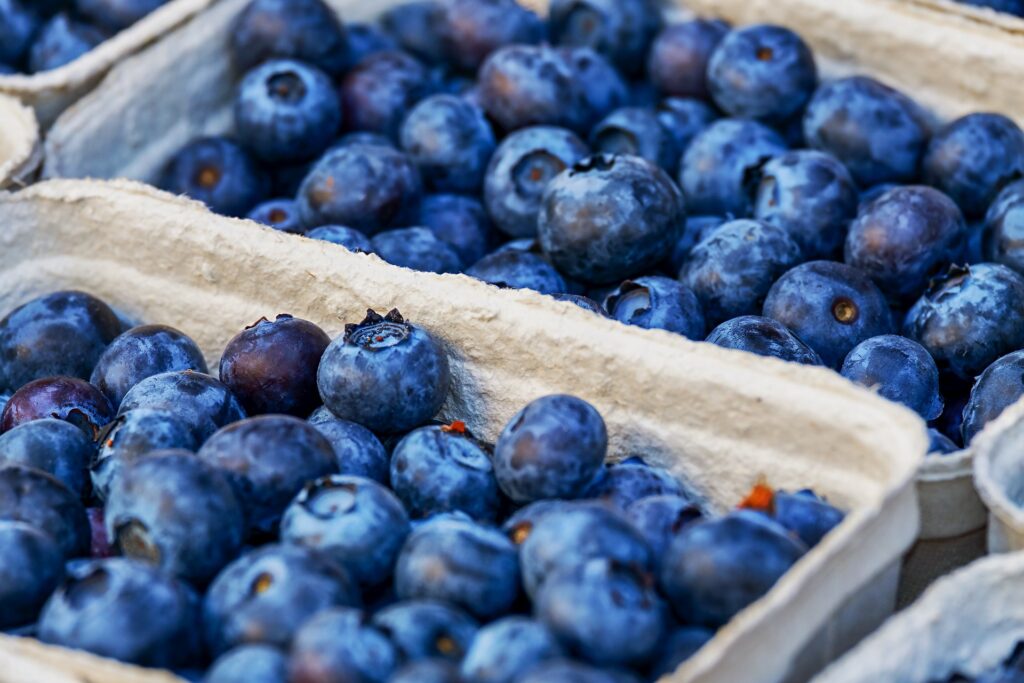
Blueberries
Blueberries Antioxidants, especially anthocyanins, found in abundance in blueberries promote brain health and may even aid with cognitive development. They are a handy and wholesome finger food option for babies because of their small size and soft texture. Studies published in Nutritional Neuroscience indicate that consuming blueberries may help newborns and early children learn and remember things better.

Beef
High-quality protein, iron, zinc, and B vitamins—all necessary for healthy growth and development—can all be found in plenty in beef. For babies weaning themselves onto solid foods, introducing tiny amounts of cooked beef that has been roughly chopped or shredded can supply essential nutrients. The Journal of Pediatric Gastroenterology and Nutrition has published research that emphasizes the role that iron-rich foods, such as beef, have in avoiding iron deficiency anemia in young children.
Conclusion
A child’s transition from breast milk to solid foods is an important milestone that calls for careful consideration of their dietary requirements. Parents can help ensure that their children grow and develop to their full potential by starting them off with a varied diet that includes foods high in nutrients. This article’s list of 20 vital foods provides a child’s body with the right ratio of macronutrients, vitamins, minerals, and antioxidants. To make sure that the introduction of solid foods fits the child’s developmental stage and specific nutritional needs, it’s crucial to speak with pediatricians or nutrition specialists.
As our understanding of newborn nutrition and its long-term health effects grows, parents will be empowered to make educated dietary decisions for their children thanks to ongoing research and evidence-based guidelines. Caregivers can support their child’s path toward a healthy future and create a lifelong enjoyment for nutritional eating by emphasizing whole, minimally processed meals and creating a joyful mealtime atmosphere.

